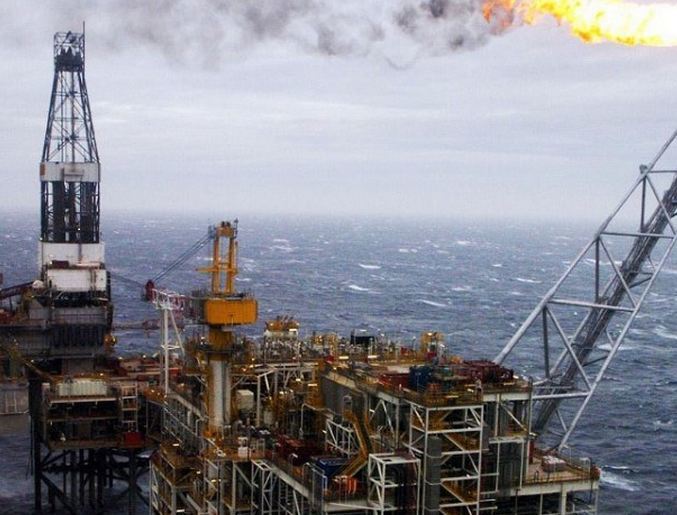
The thousands of attendees seeking reasons for optimism didn’t find them at the annual International Petroleum Week. Instead they were greeted by a cacophony of voices from some of the largest oil producers, refiners and traders delivering the same message:
There are few reasons for optimism. The world is awash with oil. The market is overwhelmingly bearish.
Producers are bracing for a tough year. Prices will stay low for up to a decade as Chinese economic growth slows and the U.S. shale industry acts as a cap on any rally, according to Ian Taylor, chief executive officer of Vitol Group, the world’s largest independent oil trader. Even refiners, whose profits have held up better than expected, are seeing a worsening outlook.
“The oil industry is facing a crisis,” said Patrick Pouyanne, CEO of Total SA, Europe’s biggest refiner. BP Plc boss Bob Dudley described himself as “very bearish” and joked that the surplus is so extreme that people will soon be filling swimming pools with crude.
As the world runs out of places to store oil, “I wouldn’t be surprised if this market goes into the teens,” said Jeff Currie, head of commodities research at Goldman Sachs Group Inc.
Crude prices surged briefly last month on speculation the Organization of Petroleum Exporting Countries would team up with Russia to cut production. The head of the nation’s biggest oil company had other ideas.
“Tell me who is supposed to cut?” said Igor Sechin, CEO of Rosneft. “Will Saudi Arabia cut production? Will Iran cut production? Will Mexico cut production? Will Brazil cut production? Who is going to cut?”
Supply exceeds demand by as much as 1.7 million barrels a day, so cutting 1 million from production would in theory make prices more “reasonable,” Sechin said. Nevertheless, Rosneft is focused on preserving its traditional markets against the competition, he said.
Cuts on the scale required to balance the market just aren’t happening. While some fields have started to fall victim to low prices, only 0.1 percent of global output has been curtailed because it’s unprofitable, researcher Wood Mackenzie estimates.
Traders are the only ones enjoying the slump as they profit from sky-high volatility and a market structure called contango – where prices in the future are higher than today – that means they can make money just by keeping oil in storage tanks.
As the price of U.S. benchmark West Texas Intermediate crude slumped close to 12-year lows this week, another opportunity emerged: super-contango. Places to store oil on land are running out in some places, and the contango is getting so steep that it’s becoming profitable to hire supertankers, fill them with crude and anchor them offshore.
Throughout the gloom, champagne flowed, backed by a jazz quartet.
If it’s hard times for the industry, that wasn’t obvious from the cocktail party circuit. Kuwait Petroleum Corp. welcomed guests to ballroom of the Four Seasons hotel in London’s exclusive Mayfair district with hospitality as if nothing had changed since 2014, when oil was $100 a barrel. Tables were laden with shashlik, oysters and even a whole lamb carved by a chef. In the dessert room, a chocolate fountain bubbled alongside bowls of strawberries.
The State Oil Co. of the Azerbaijan Republic – where a currency crisis has provoked street protests – offered four whole roast lambs, a sushi bar and chocolate truffles to thousands of guests at Park Lane’s Grosvenor House Hotel.
“We didn’t cut back,” said Elshad Nassirov, the company’s vice-president of marketing and investments, “in order not to spoil the mood.”
Recommended for you
